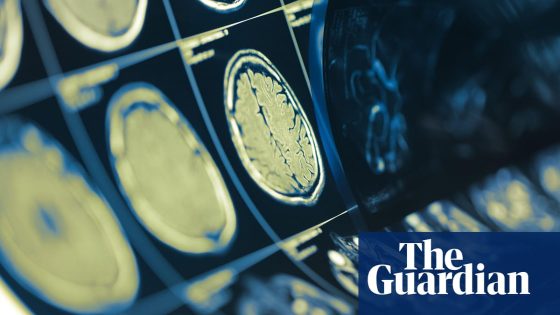The speed at which you walk can reveal profound insights into your brain’s rate of ageing. Recent studies indicate that slower walkers often have smaller brains and significant differences in crucial brain structures. On June 10, 2025, researchers highlighted how gait speed can predict serious health outcomes, including hospitalization and cognitive decline.
- Walking speed indicates brain ageing rate.
- Slower walkers face higher health risks.
- Walking speed tests assess functional capacity.
- Cognitive decline linked to slower gait.
- Early life factors predict adult walking speed.
- Regular walking improves overall health.
Understanding your walking speed is not just about fitness; it can be a vital indicator of overall health. It’s intriguing to consider how something as simple as walking can reflect deeper issues in our bodies and minds.
Why does walking speed matter? It serves as a functional capacity assessment, revealing potential underlying health issues. A decline in gait speed could indicate chronic conditions or frailty, making it essential to monitor. Consider these recommendations:
- Engage in regular walking to maintain mobility.
- Incorporate short walking breaks into your daily routine.
- Use fitness trackers to monitor your walking speed.
- Consult a healthcare professional if you notice significant changes in your gait.
As we move forward, let’s prioritize physical activity and stay aware of our walking habits. Small changes today can lead to significant health benefits tomorrow.
































